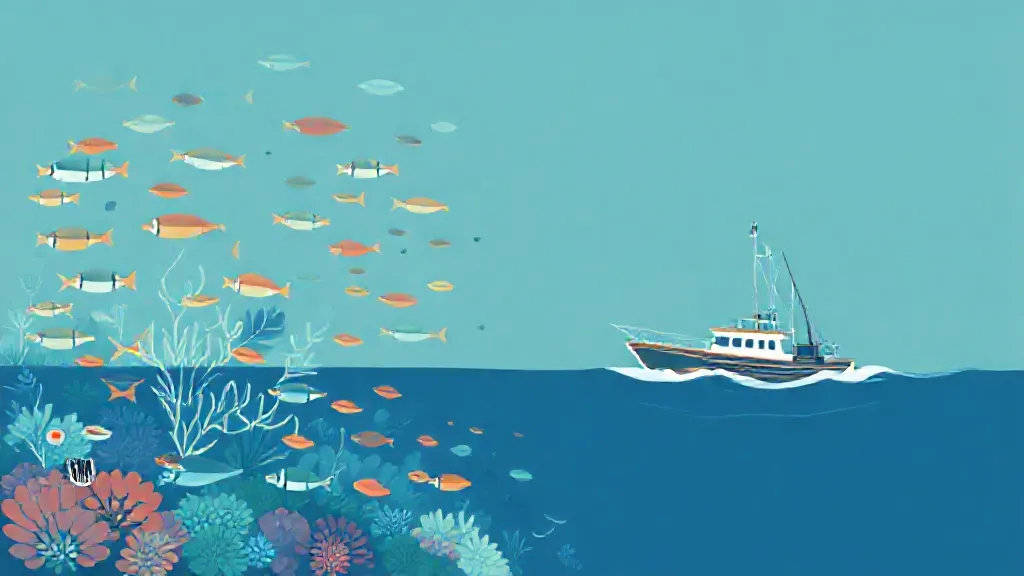Overfishing has emerged as one of the most pressing environmental challenges of our time, threatening marine ecosystems, fish populations, and the livelihoods of millions who depend on these resources. To effectively combat overfishing, efforts must start at multiple levels, including local communities, national policies, international agreements, and consumer behavior. This article explores where these efforts should commence and how they can be implemented to foster sustainable fishing practices.
The Local Community's Role in Sustainable Fishing
Local communities are often the first line of defense against overfishing. Engaging local fishers in sustainable practices can yield immediate benefits. For instance, community-led initiatives such as marine protected areas (MPAs) have shown success in various regions.
These areas restrict fishing activities, allowing fish populations to recover and thrive. An example can be seen in the Philippines, where local communities have successfully established MPAs, resulting in increased fish biomass and biodiversity. Therefore, empowering local communities through education and resources is crucial in the fight against overfishing.
National Policies and Regulations
National governments play a significant role in regulating fishing practices. Implementing strict quotas and licensing systems can help control overfishing. Countries like Norway have adopted such measures, leading to a notable recovery of their fish stocks.
Additionally, governments should invest in research and monitoring programs to gather data on fish populations and ecosystem health. This information is vital for making informed decisions about fishing limits and practices. Furthermore, enhancing enforcement of existing regulations is essential to prevent illegal, unreported, and unregulated (IUU) fishing, which exacerbates the overfishing crisis.
International Cooperation and Agreements
Overfishing is a global issue that transcends national borders, making international cooperation imperative. Agreements like the United Nations Convention on the Law of the Sea (UNCLOS) provide frameworks for countries to collaborate on sustainable fishing practices. Regional fisheries management organizations (RFMOs) also play a crucial role in managing shared fish stocks.
For instance, the Western and Central Pacific Fisheries Commission has implemented measures to ensure the sustainable management of tuna stocks. Strengthening these international agreements and fostering collaboration between nations can help mitigate overfishing on a larger scale.
The Importance of Consumer Awareness
Consumer behavior significantly influences fishing practices.
Raising awareness about the impacts of overfishing can lead to more sustainable choices among consumers. Initiatives such as the Marine Stewardship Council (MSC) certification help consumers identify sustainably sourced seafood. Educating the public on the importance of choosing sustainable options and understanding the origins of their seafood can drive demand for responsibly harvested fish.
This shift in consumer behavior can create economic incentives for fishers to adopt sustainable practices, ultimately contributing to the reduction of overfishing.
Technology and Innovation in Fishing Practices
Advancements in technology offer innovative solutions to combat overfishing. Tools like satellite monitoring and drone surveillance can enhance the enforcement of fishing regulations by tracking illegal activities.
Additionally, fishery management software can assist in data collection and analysis, helping managers make informed decisions about fishing quotas. Innovations such as selective fishing gear can reduce bycatch, ensuring that non-target species are not unnecessarily harmed. Embracing technology in fishing practices can lead to more sustainable outcomes and help protect marine ecosystems.
Education and Advocacy
Education is a powerful tool in the fight against overfishing. Informing the next generation about marine ecosystems and the importance of sustainable fishing practices can foster a culture of conservation. Schools, NGOs, and community organizations can collaborate to develop educational programs that emphasize the significance of protecting our oceans.
Advocacy campaigns can also raise public awareness and pressure governments to implement stronger policies against overfishing. By instilling a sense of responsibility towards marine resources, we can cultivate future leaders who prioritize sustainability.
The Role of Aquaculture
Aquaculture, or fish farming, presents an alternative to overfishing wild stocks.
When done responsibly, aquaculture can alleviate pressure on marine ecosystems. However, it is essential to ensure that aquaculture practices are sustainable and do not harm the environment. For example, integrating aquaculture with local ecosystems, such as using seaweed farming to enhance water quality, can create a balanced approach.
Promoting sustainable aquaculture practices can provide a viable solution to meet the growing demand for seafood without further depleting wild fish populations.
The Future of Fishing: A Collective Responsibility
Ultimately, combating overfishing requires a collective effort from all stakeholders, including local communities, governments, international organizations, consumers, and the fishing industry. Each group has a vital role to play in ensuring the sustainability of our oceans.
By starting efforts at the grassroots level and expanding to national and international frameworks, we can create a comprehensive approach to address overfishing. The future of fishing and marine biodiversity depends on our ability to work together and prioritize sustainable practices for generations to come.
